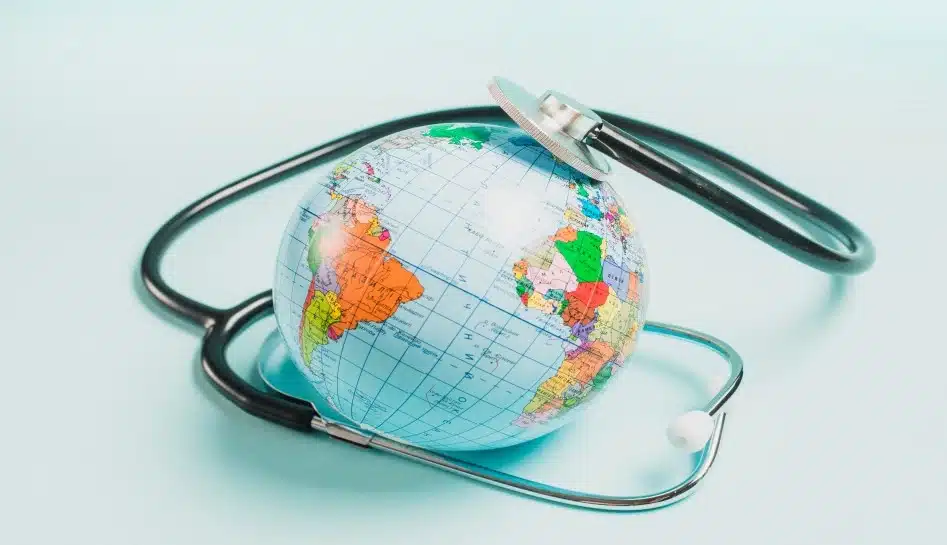The strategy offers a framework for EU health policies leading up to 2030, setting policy priorities and guiding principles to shape global health, and identifying concrete lines of action
The new European Union Global Health Strategy seeks to improve global health security through three key interrelated priorities: Delivering better health; strengthening health systems and preventing and combating health threats.
The strategy offers a framework for EU health policies leading up to 2030, setting policy priorities and guiding principles to shape global health, and identifying concrete lines of action.
The document outlines what the European Commission will do and what member states are invited to do, each strictly within their respective competences and institutional roles as provided for in the treaties.
The strategy calls for addressing the challenges of climate change, environmental degradation, humanitarian crises, and food insecurity, which are also drivers of ill-health.
According to the document, it is important to prioritise new opportunities for health presented by potent enablers like research and digitalization, including using artificial intelligence, as well as addressing rising challenges, such as antimicrobial resistance and mental health, or evolving challenges of health and care systems, including workforce imbalances and resource shortages.
The third core priority is combating current and future health threats, which also requires a new focus. The document calls for enhanced equity in the access to vaccines and other countermeasures; for a “One Health Approach”, which tackles the complex interconnection between humanity, climate, environment and animals. This is expected to lead to more effective disease surveillance worldwide; and to stronger international rules and cooperation mechanisms on health.
New global health order
The EU says as new global health order is emerging, and the the trading bloc must contribute to shaping it through a more strategic and effective engagement. To enhance the EU’s role as a strong and effective player, the European Commission and Member States will ensure synergy between national and EU global health strategies and work closer than ever in a Team Europe approach.
Global governance, the document says, will need a new focus to preserve a robust and adaptable international system with the World Health Organization (WHO) at its core that is as sustainably supported as it is accountable and successful.
It advocates deeper collaboration with the G7, G20, and other international, regional, and bilateral partners to create a consensus on a global health plan.
According to the health strategy, the EU should drive the essential process of filling the existing gaps in global governance, avoiding duplication and ensuring coherence of action. This will need close cooperation with the private sector, philanthropic organisations, civil society and other stakeholders to support this strategy’s objectives.
Prioritising neighbourhood
The EU will further prioritise health resilience in its neighbourhood by actively assisting its partners in the Western Balkans and the neighbourhood to raise their healthcare standards and reduce the likelihood of future border closures due to health emergencies. The bloc supports candidate countries and potential candidates, including Ukraine, Moldova and Georgia, to align their health legislation with EU health law and be able to implement it.

















